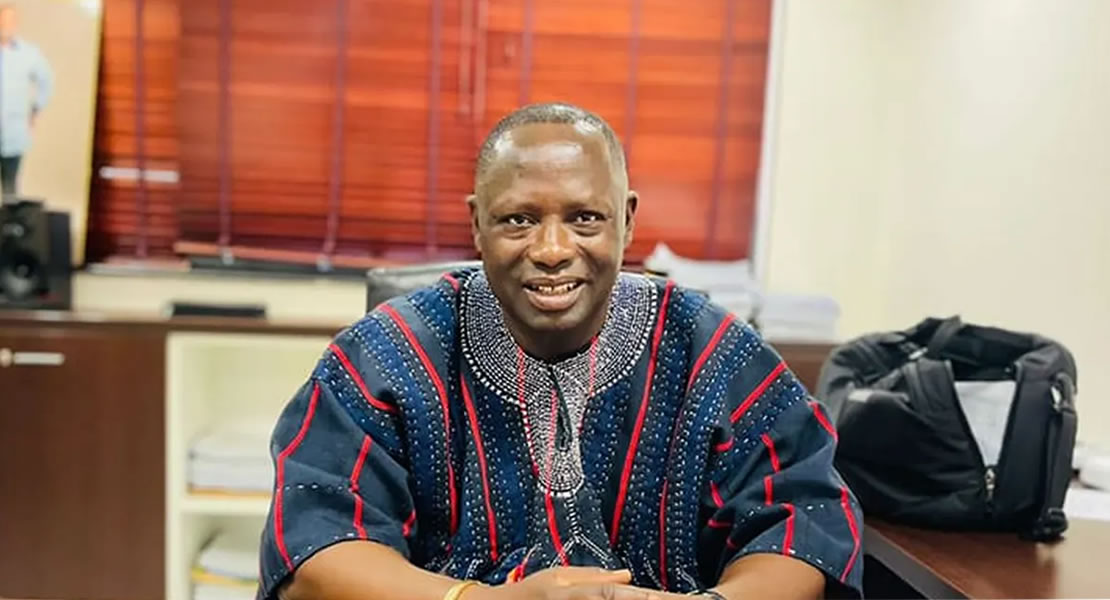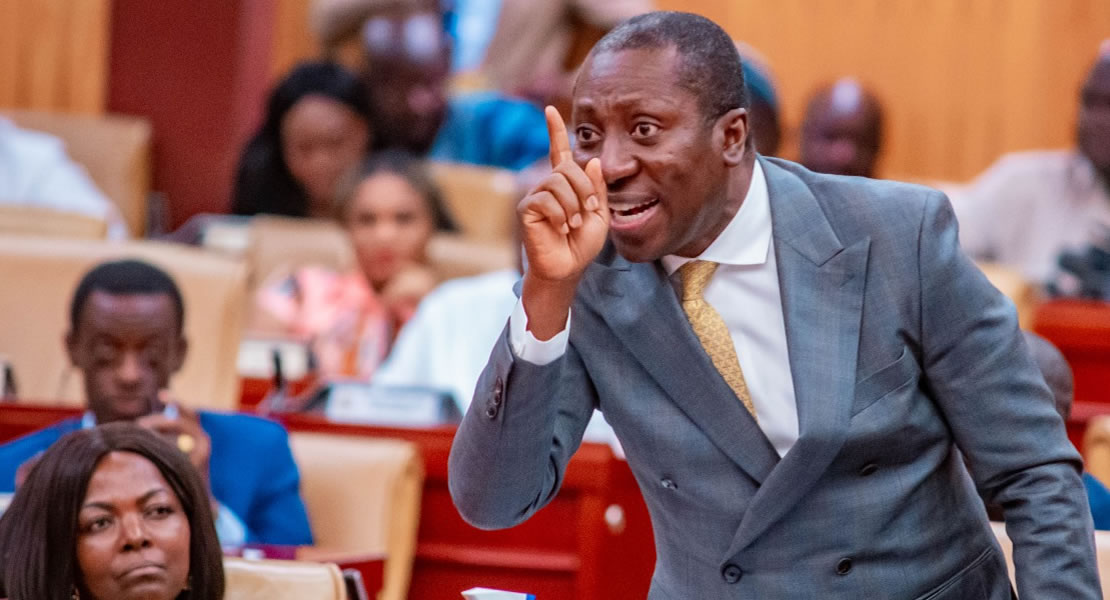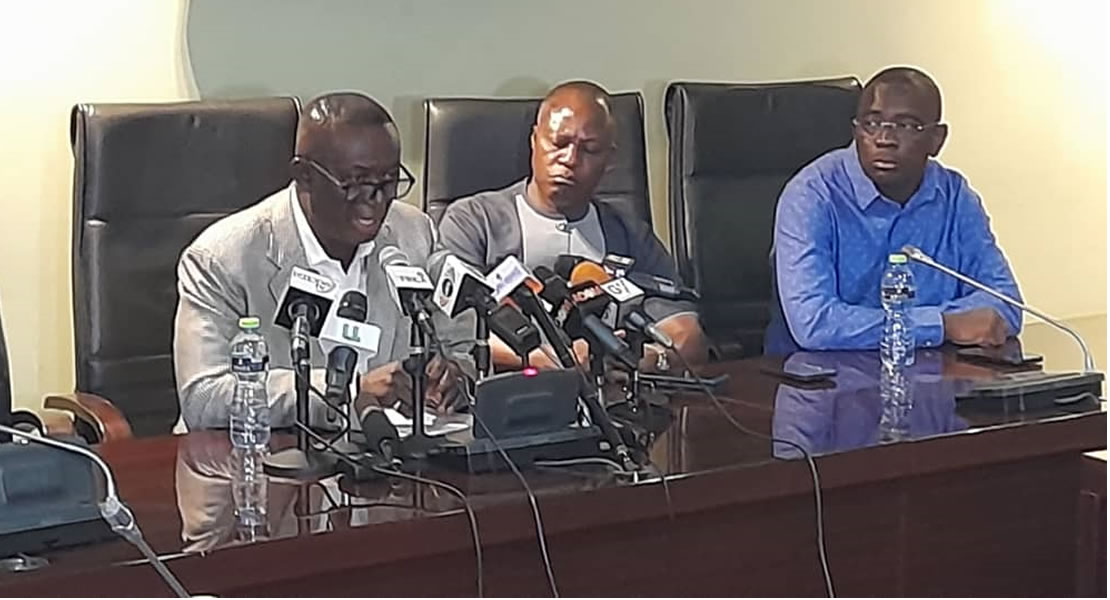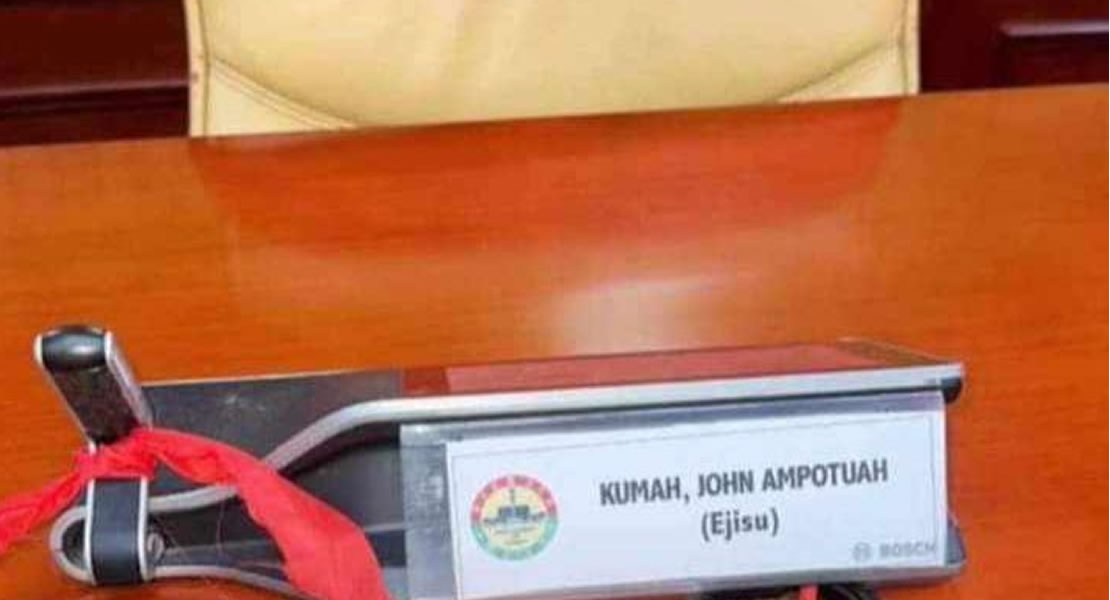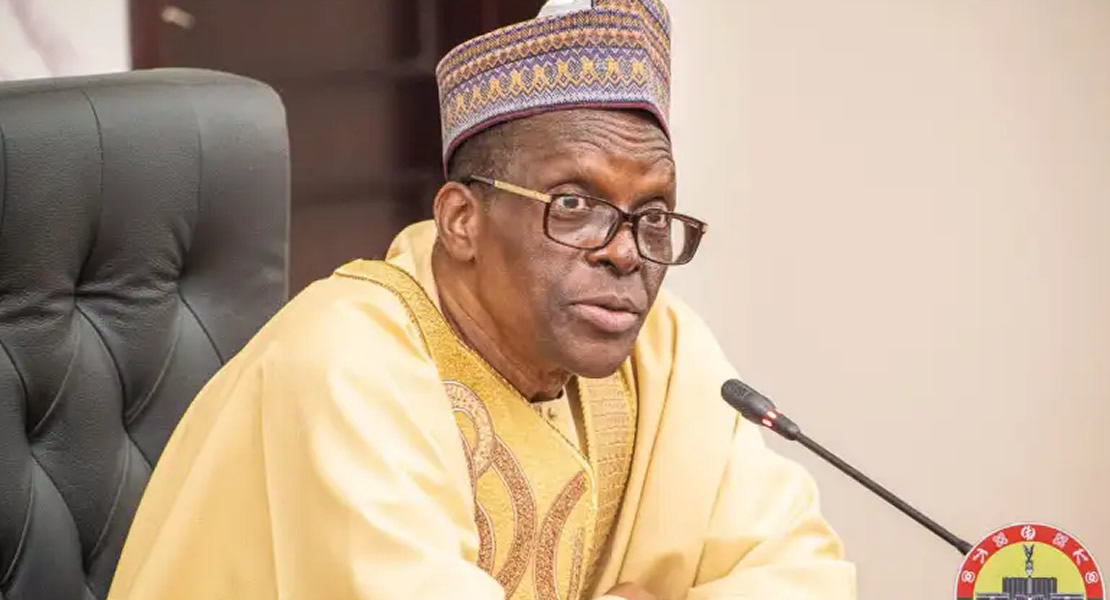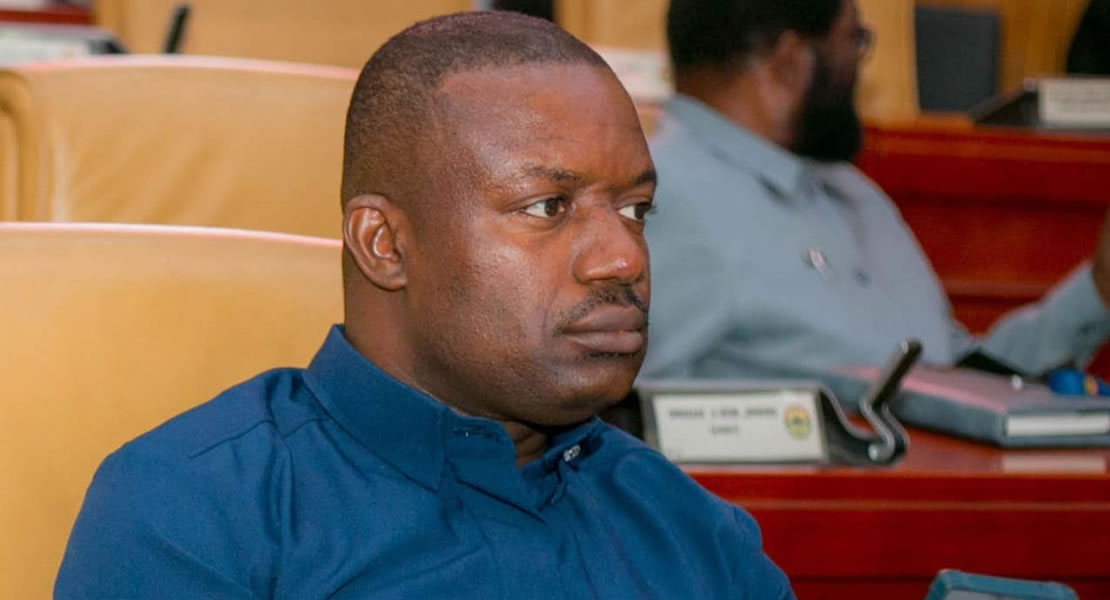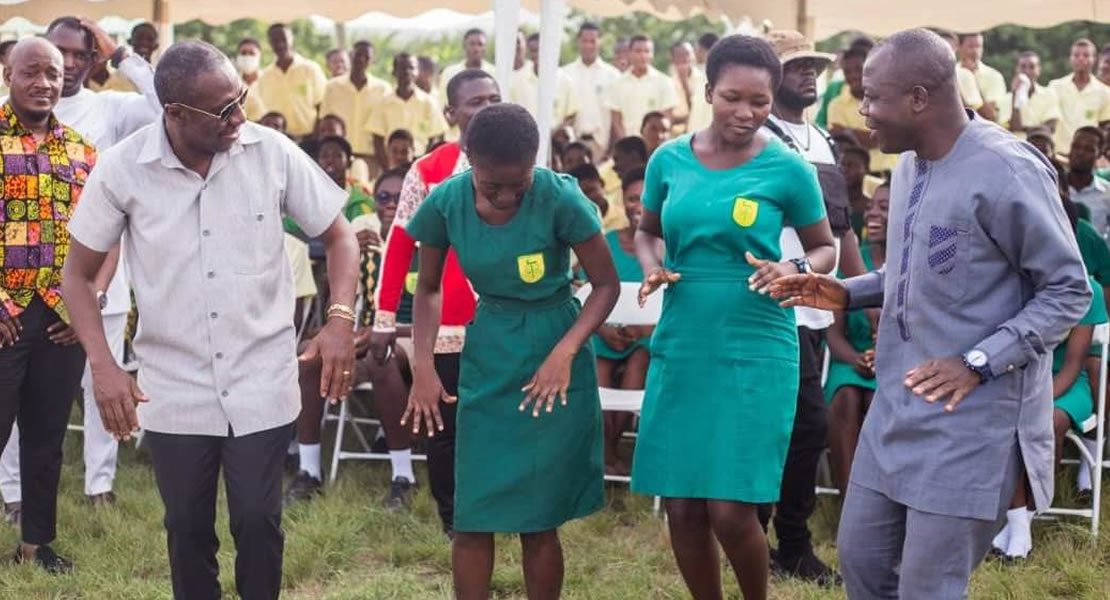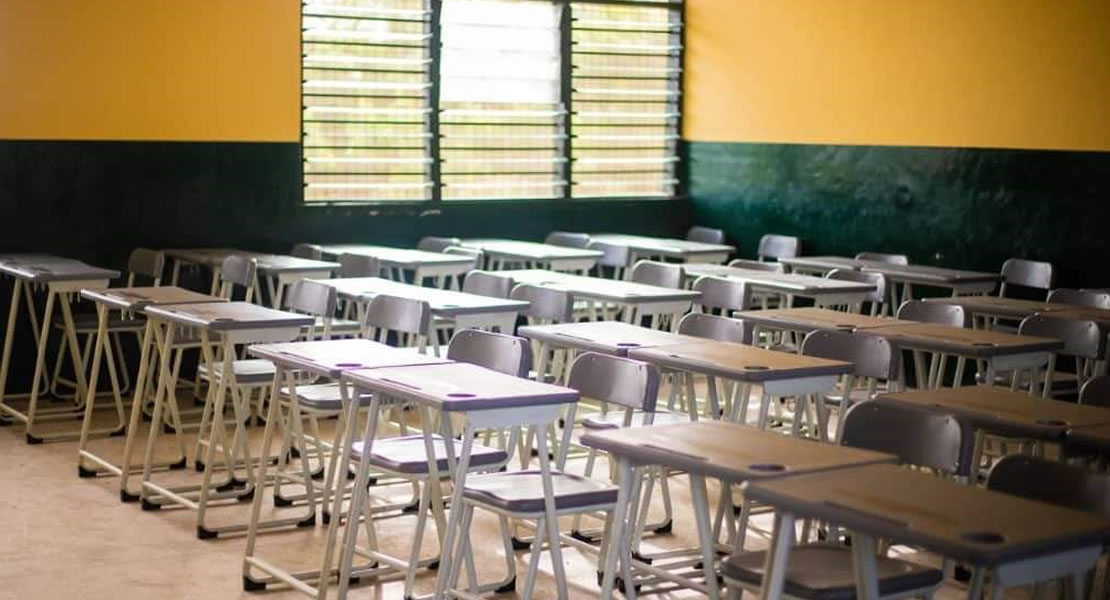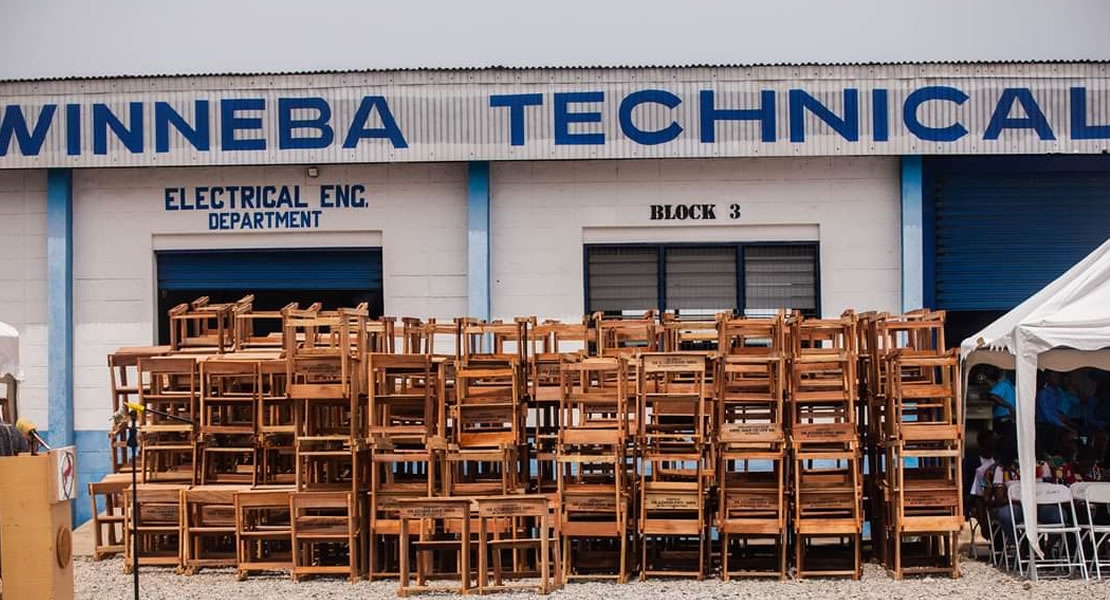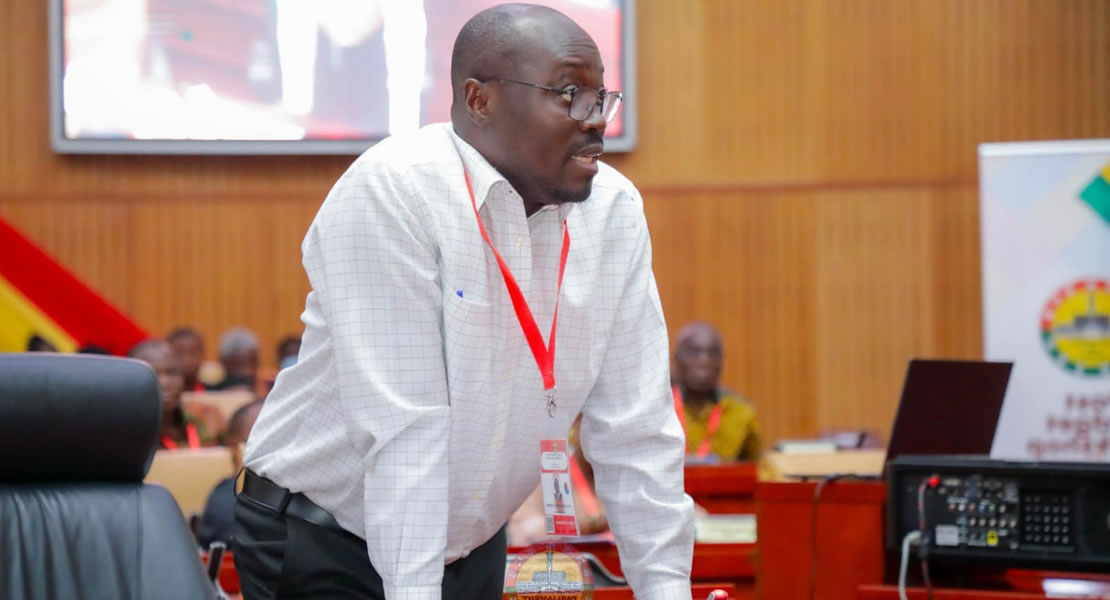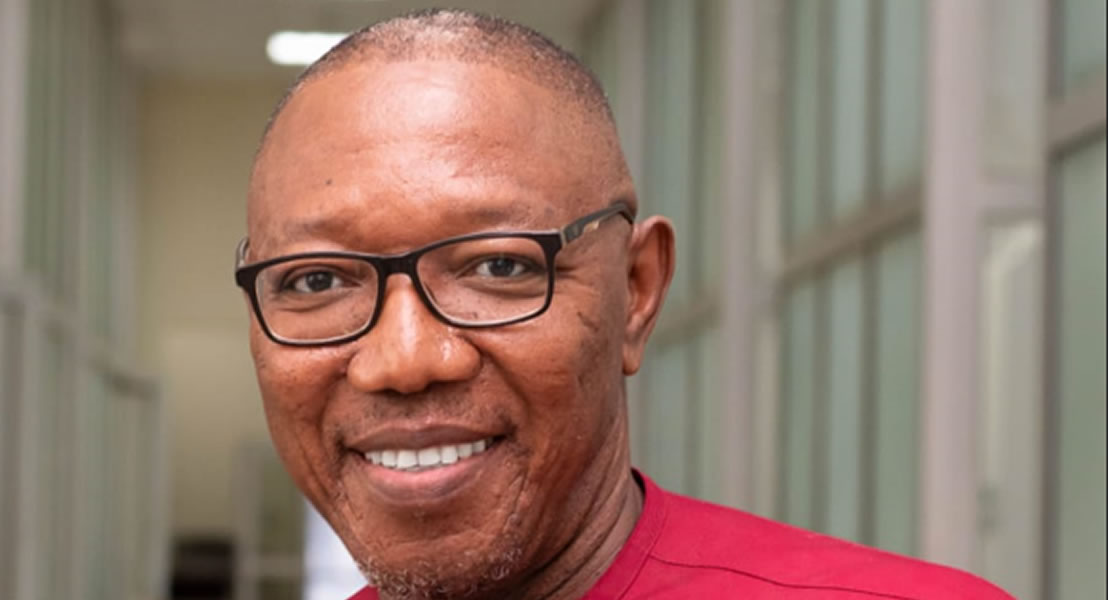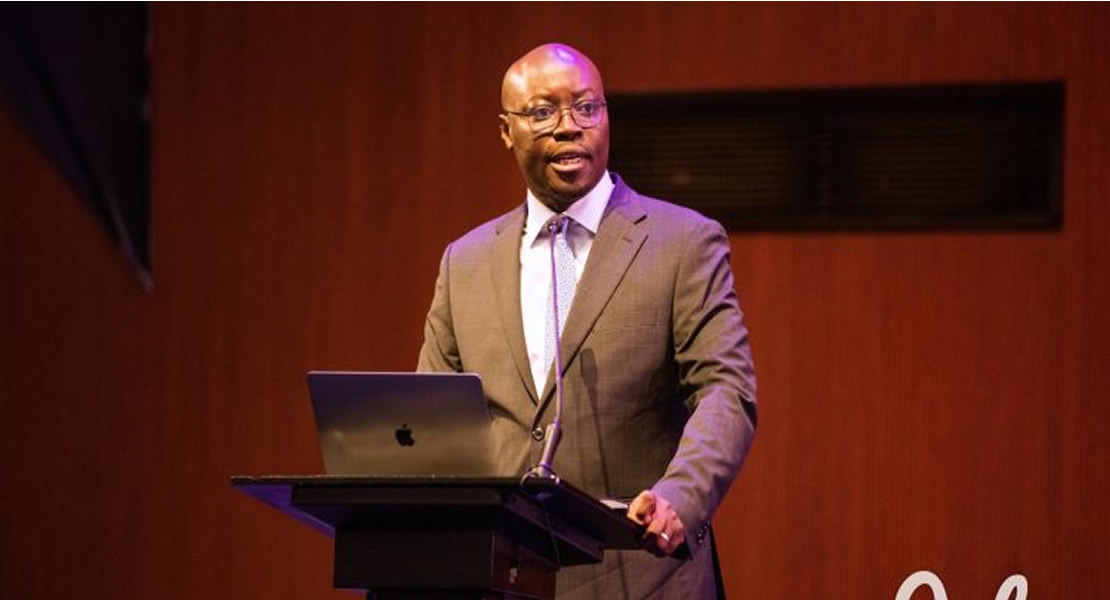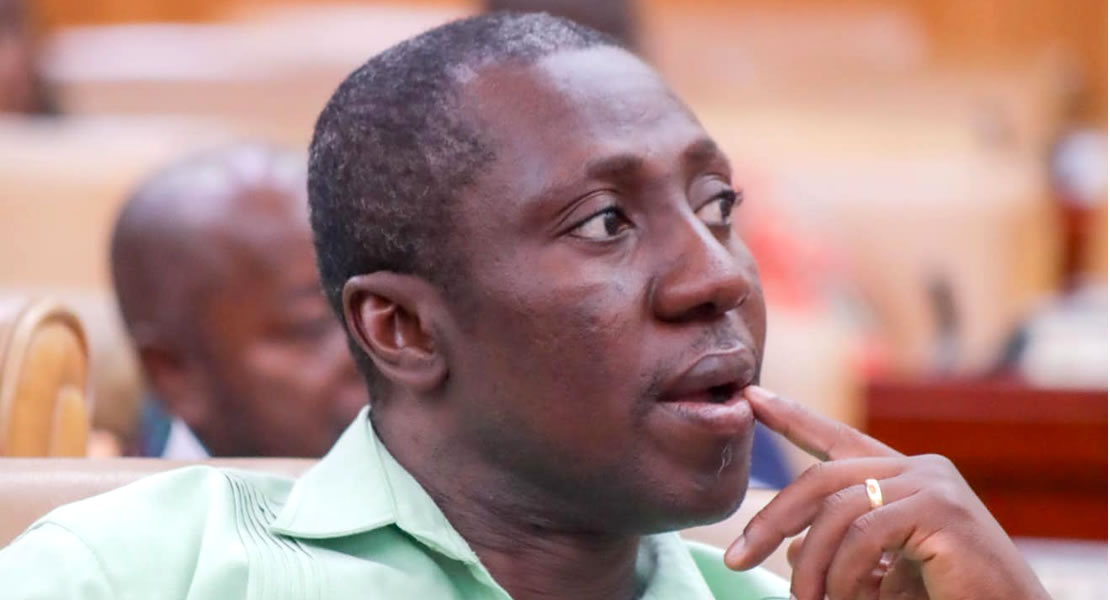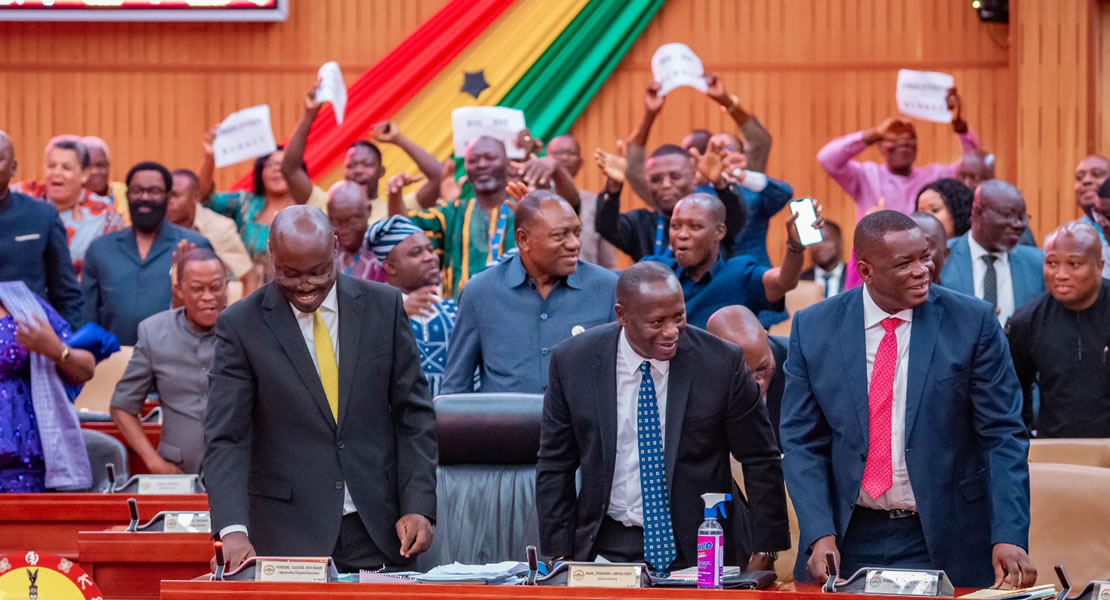A member of Ghana’s delegation to the Economic Community of West Africa States (ECOWAS), Parliament, Hon. Emmanuel Armah- Kofi Buah has said the return of Burkina Faso, Niger and Mali to the sub-regional bloc must be navigated carefully as it is a tricky matter.
According to him it is possible and important to have these three Sahel Countries to return the sub-regional bloc in order to have a united front with unity of purpose in addressing issues concerning the region.
However, this must be tactfully and carefully handled to find solution to their return; since unlike Guinea that has returned to the community parliament, the other three failed to respond to a similar opportunity given them; thus, they were not present at the inaugural ceremony of the 6th Parliament.
The Deputy Minority Leader of the Ghanaian Parliament who is a first-timer in the Community Parliament was very grateful to the chair of the Authority of Heads of States and Government, President Ahmed Tinubu and Commission President Dr. Alieu Tory for their presence to swear in the lawmakers and the hospitality of Nigeria.
“So far, I think the chair of the Authority of Heads of States and Government said the right things; we must do everything we can to bring our brothers and sisters onto the fold. It is key for us, and we must find that solution. It is clear as the chairman of the commission said but our words must match our actions, so we must act in that direction very critically”, he said in an interview.
As to whether he was worried that Burkina Faso, Mali, and Niger did not show up, he pointed out that the Guinean delegation came and obviously they were well received. We believe that steps must be taken, to make sure we resolve all the outstanding impacts.
“The fact is that we have no choice, we are in this together; Ghana cannot develop and leave like an island and they would be fine, unless the whole of the West African countries are also developed. We cannot have a universal access to electricity and see Burkina Faso and Togo have 30% of electricity.
Again, you know what will happen, we will be overwhelmed by all these people from other countries, and so we must all develop together, and take the step together. It is not like we have a choice; our destiny is being tied; we must work together to move forward together. It is very clear that these perspective opportunities will allow us to move the vision of our founding fathers.”
The Deputy Minority Leader, further pointed out that the vision of Ghana’s first President Osagyefo Dr. Kwame Nkrumah becomes very relevant wherever he goes. “Yesterday as I was observing things, I told myself what a missed opportunities; if only he (Kwame Nkrumah) had moved that train as quickly in 1957 and 1958, to organize the all African conference and pushed the agenda of the independence of Africa, we would not have come here today speaking to our sisters and brother in different countries in French, English and Portuguese; we would have been speaking one language. We have work to do”, he emphasised.
As a representative from Dr. Kwame Nkrumah’s home town and what the Pan Africanist envisaged, he noted that no one would dispute that Africa and the sub-region must develop in unity if we still aspire to the vision of our forebears.
“Today I don’t think anyone would dispute that, if we are going to negotiate with the big countries like China and America, we shouldn’t go with tiny cups in hand, rather we should go as a bloc and with values.
Kwaku Sakyi-Danso/Ghanamps.com
